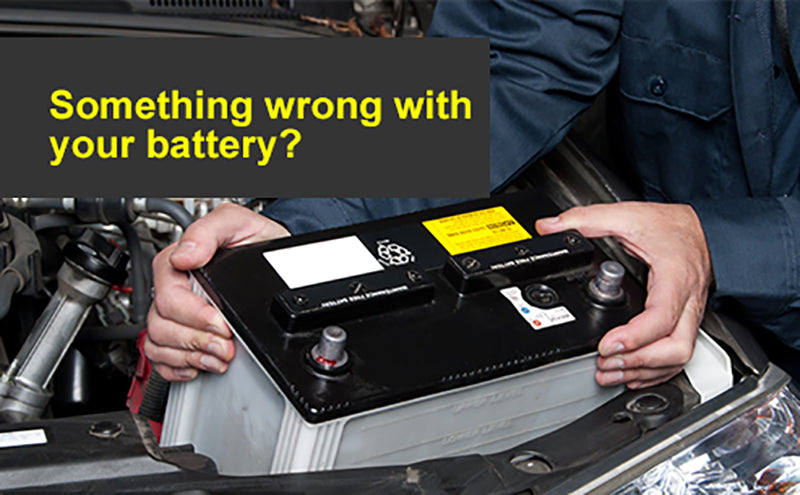
Do I need a lithium battery replacement for my device? As battery technology becomes more relevant, many people are asking this question. Most of them lack lithium battery replacement knowledge.
The cost of a lithium battery tends to decrease as the manufacturer improves the battery's durability. Lithium batteries and battery management systems have collaborated to make the batteries more secure and safe to use. However, this does not prevent batteries from becoming defective over time.If you've been using your lithium battery for a long time and notice a decrease in its performance compared to when it was new, you might wonder if it's damaged.
This article will provide you with appropriate answers to frequently asked questions concerning damaged lithium batteries, as well as instructions on what to do if your device requires a lithium battery replacement.

1.How can a lithium battery become damaged?
You might be asking if it's feasible for a lithium battery to be destroyed. Yes, it is possible, especially in a situation when your devices are being mis-used electrically. There are a number of factors that can cause your lithium batteries to fail, including:
- Electrical Misuse
- Temperature Effects
- Physical Damage
- Electrical Misuse
One of the most common ways to damage your lithium battery is through electrical misuse. When you overcharge or over discharge your battery, you are electrically misusing it. However, neither overcharging nor discharging is good for the health of your lithium battery.
For example, if a 12V battery is overcharged to 14.5V, the battery could be damaged. Similarly, if a 12V battery is discharged to 10V, it can be damaged, requiring a lithium battery replacement.
- Temperature Effects
Overheating can occur when a battery is exposed to high currents, resulting in the melting of the solid electrolyte interphase. Temperatures above 140°F usually cause your lithium battery to fail.
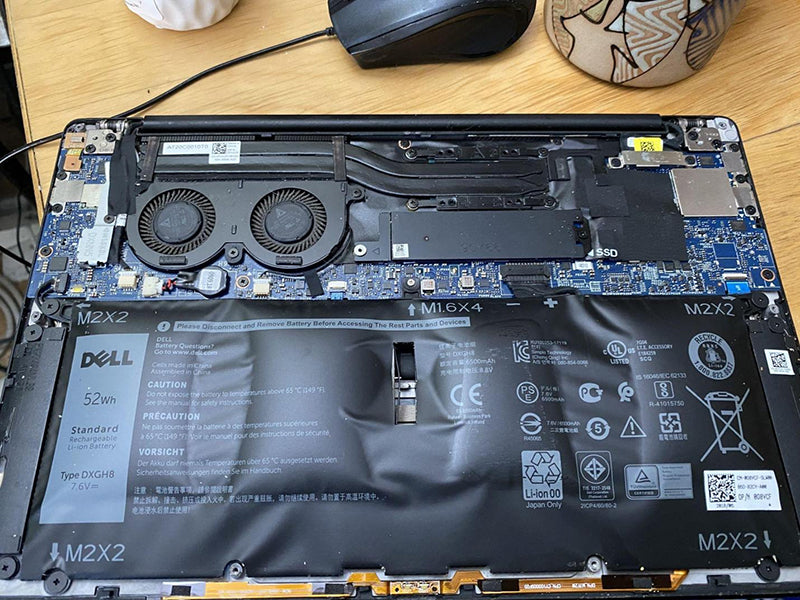
- Physical Damage
Lithium batteries can be damaged if they are exposed to water or high humidity. Furthermore, lithium batteries are readily harmed when punctured.
2.What are the signs that your lithium battery has become damaged?
When lithium batteries are damaged, they exhibit a number of symptoms (when overcharged or over-discharged). While some symptoms are alarming, others will become normal signals of deterioration as time passes. These signs most often call for lithium battery replacement.
Some warning signs relating to the battery's performance aren't exactly a treat for your safety. Here are a few examples of warning signs:
- Capacity has been reduced.
- Weak Voltage
- High rate of self-discharge
Some signs connected to the physical appearance of your lithium batteries, on the other hand, are unquestionably a major threat to your health and safety, demanding lithium battery replacement. Consider the following scenario:
- The battery is becoming quite hot.
- The battery is beginning to swell.
- The battery emits an unpleasant odor.
- The color of the battery changes.
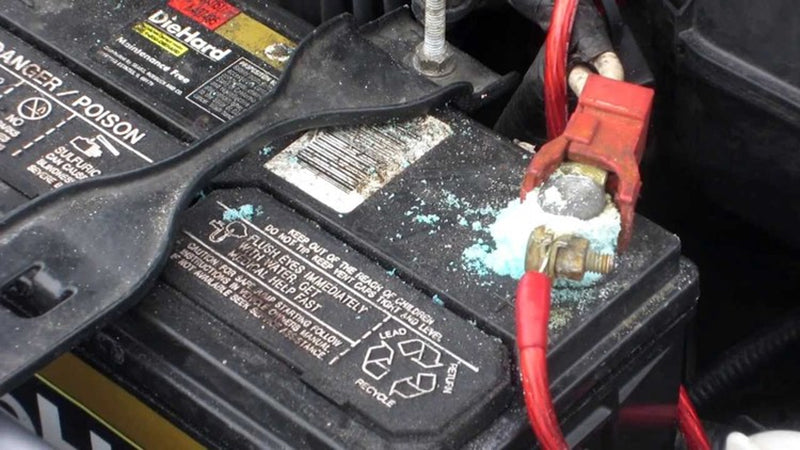
If any of the warning signs emerge, disconnect the lithium battery and store it in a well-ventilated area away from other batteries and flammable materials.
3.Guidelines for lithium battery replacement
To begin, let us classify lithium batteries based on their components. The most recent lithium batteries are made of the following materials:The battery shell, made of ABS (Acrylonitrile Butadiene Styrene) plastic
- Lithium battery cells with a prismatic appearance
- Battery management system (BMS)
- Connectors (bus bars, wires)
For proper and safe lithium battery replacement, there are a few guidelines or rules to follow.
- First and foremost, if you see a few of the most concerning warning signals listed above, your lithium battery is damaged and must be treated with extreme caution. We recommend that you take it to a battery store. They'll transport your battery to a recycling facility.
- You can repair your lithium battery at home or with the help of a battery specialist if you only notice the most minor warning symptoms.
- The battery specialist will assess the level of degradation of all lithium battery parts, with a focus on the BMS and the lithium battery cells.
- The battery specialists will use a power load and a charging current to determine the voltage and capacity of each battery cell. Underperforming cells can easily be replaced when they are detected.
- They will also carry out some tests on battery management systems because most battery failures result from defective BMS. The ability of the BMS to balance numerous battery cells as well as its responsiveness to a power load and charging flow will be assessed.
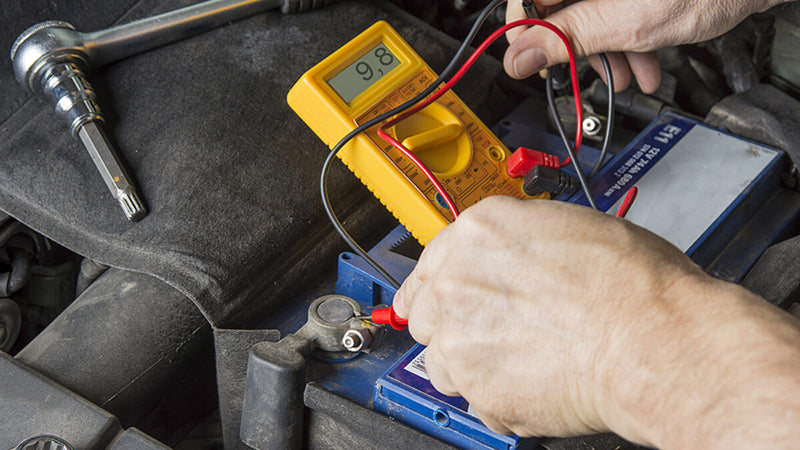
It's also possible to replace the BMS if it's faulty. BMS can be found in a variety of places, including specialty retailers.
4.How much does lithium battery replacement cost
Lithium battery replacement ranges from $0 to $20,000 based on several factors. If a battery is still covered by its manufacturer's warranty, which is usually 8 years, you should be able to get a replacement for free. Because battery replacements are still uncommon, current cost information can be difficult to obtain.
As battery prices fall, the amount you pay now will be different from the amount you pay next year or in five years. For every lithium battery replacement, you also have some additional fees like the labor cost and tax policy.
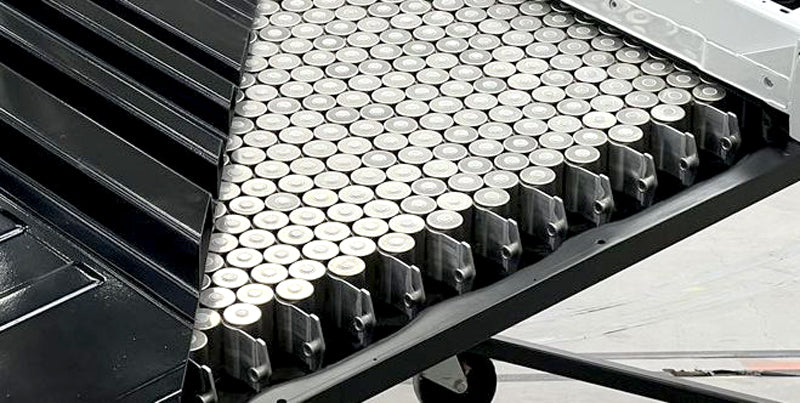
5.Modern technology that could power the future
In the battery industry, lithium-ion technology is in vogue. Lithium batteries are today's most prevalent source of power for a variety of gadgets, including computers, cell phones, and even electric cars. Lithium batteries are more durable and can be recharged multiple times. Compared to other rechargeable batteries, lithium batteries feature a better power density, voltage capacity, and lower self-discharge rate.
Lithium-ion batteries don't need to be watered like alternative batteries, so they're essentially maintenance-free. Unlike other types of batteries, lithium ion batteries do not contain any toxic and harmful heavy metal elements and substances.

Some of the new energy generating technology that could replace lithium battery are:
- Solid battery
- Sodium ion battery
- Bioelectrochemical Batteries
- Hydrogen Fuel Cells
6.Conclusion
Considering all of these, you must take care of your lithium battery in order to keep it safe and healthy. Temperatures less than 32°F (0°C) and greater than 95°F (35°C) should be avoided. Also, try to avoid overcharging and overdischarging as much as possible. This will aid in the long-term maintenance of your lithium battery.
















